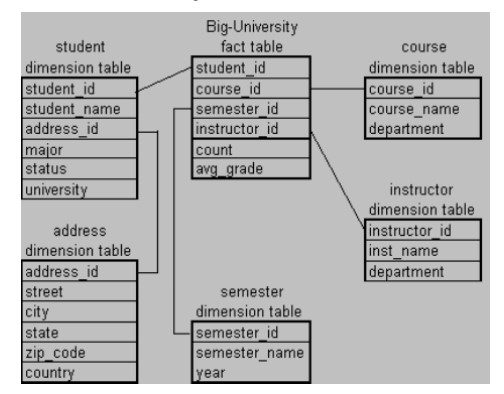Network Security for E-commerce
Network Security for E-commerce
- A network security is defined as a circumstance, condition with the potential to cause economic hardship to data or network resources in the form of destruction, disclosure, modification of data, denial of service, and/or fraud, waste, and abuse.
- The discussion of security concerns in electronic commerce can be divided into two broad types: 1. Client-Server Security 2. Data and Transaction Security
1. Client-Server Security
- Client/server security uses various authorization methods to make sure that only valid users and programs have access to information resources such as databases.
- Access control mechanisms must be set up to ensure that properly authenticated users are allowed access only to those resources that they are entitled to use.
- Such mechanisms include password protection, encrypted smart cards, biometrics, and firewalls.
2. Data and Transaction Security
- Data and transaction security ensure the privacy and confidentiality in electronic messages and data packets, including the authentication of remote users in network transactions for activities such as online payments.
- The goal is to defeat any attempt to assume another identity while involved with electronic mail or other forms of data communication.
- Preventive measures include data encryption using various cryptographic methods.



Comments
Post a Comment